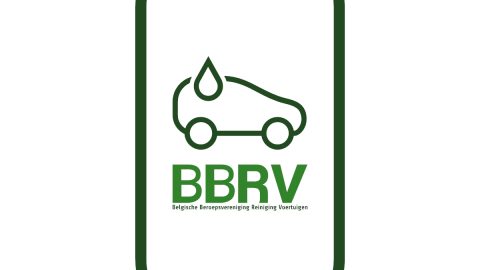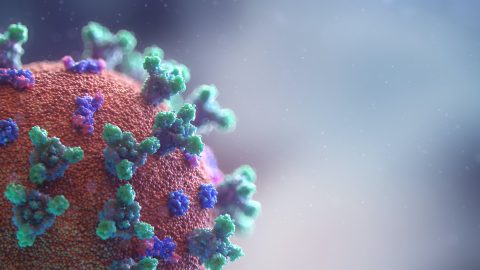‘You can’t actually wash cars with drinking water’

Water remains the biggest challenge, according to Klaus Steiner (INOWA), because it is not available everywhere and at all times. Energy is expensive, water is becoming scarce. So car washes must also adapt and commit to sustainability. How best to do that, says Klaus Steiner of INOWA: “It is important that your water treatment is well put together.”
“Soil, electricity and water.” That’s what you need for a car wash, according to Steiner of Austria’s INOWA. If you want to make it sustainable, you have to pay attention to these three areas, he says during a workshop at the SHINE Car Wash Show Central Europe. “Because none of these resources is infinitely available.”
Let’s start with land. “Please don’t choose agricultural land to build your car wash. It is better used for other purposes. Also, think carefully about your carwash facility; try to choose the most energy-efficient option possible.” This brings us to electricity and water.
Carwashes shut down
“If you want to make your car wash sustainable, you have to choose renewable energy,” Steiner said. “This can be nuclear power, hydroelectric power, wind power or solar power. Which is the best option depends on your location.” Water remains the biggest challenge, however, because it is not available everywhere and all the time. “Just look at France and Spain, which have experienced severe droughts in recent summers. We had customers who had to temporarily shut down their car washes. So the question is whether it is responsible to use drinking water. Actually, you can’t make that happen.”
Recycle, recycle, recycle
The solution has to be more sustainable, by reusing your carwash water and recycling it over and over again. Of course, Steiner is also speaking out of self-interest here, as INOWA has developed some systems precisely for that purpose. “Water recycling involves three steps,” he says. “First, you separate the coarse dirt from the water via sedimentation, which happens in what we call a ‘sludge trap.’ Next, you revitalize the water by exposing it to air so that it is completely cleaned biologically. Finally, you separate the finer contaminants and filter the water.”
Crystal clear water
“It is important that these three steps are optimally coordinated,” he emphasizes. “Mistakes in the planning and design of the underground parts of your plant can cost you a lot of money. But if you do it right, you can reuse at least sixty to seventy percent of your water. And with a fully biological system even up to 95 percent.” He shows a glass of water coming out of one such final installation: “Crystal clear, as if it came from the tap.”
According to Steiner, it’s best to opt for a fully biological water purification system. “Why? Because the new power foams and express washing have a huge impact on water treatment. You have to filter out up to four times more organic matter from the water. If you don’t, you get green and brown deposits in your pipes and carwash equipment – think brown walls.”



